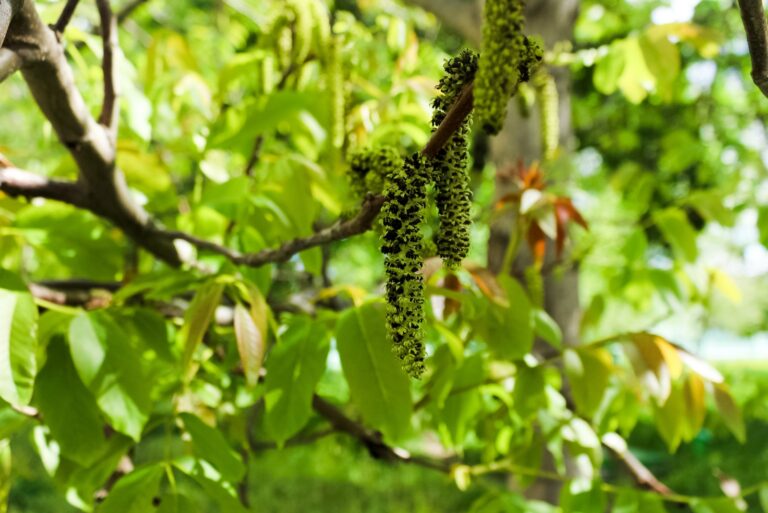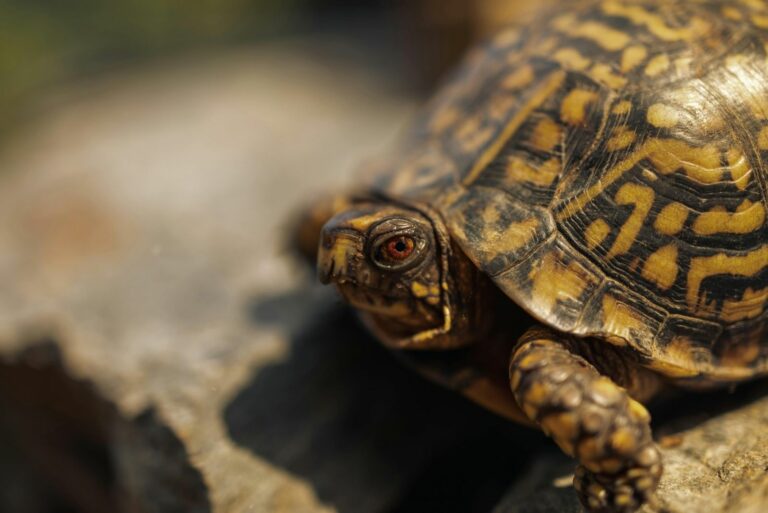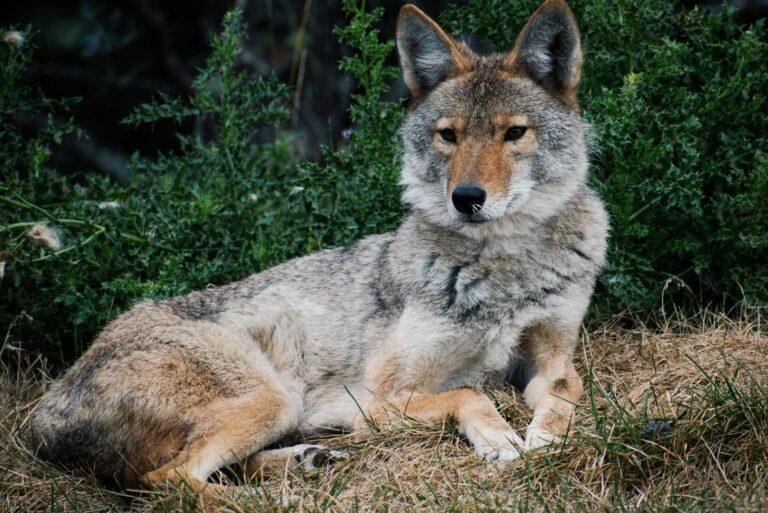7 Things Oklahoma Homeowners Should Know Before Removing Possums
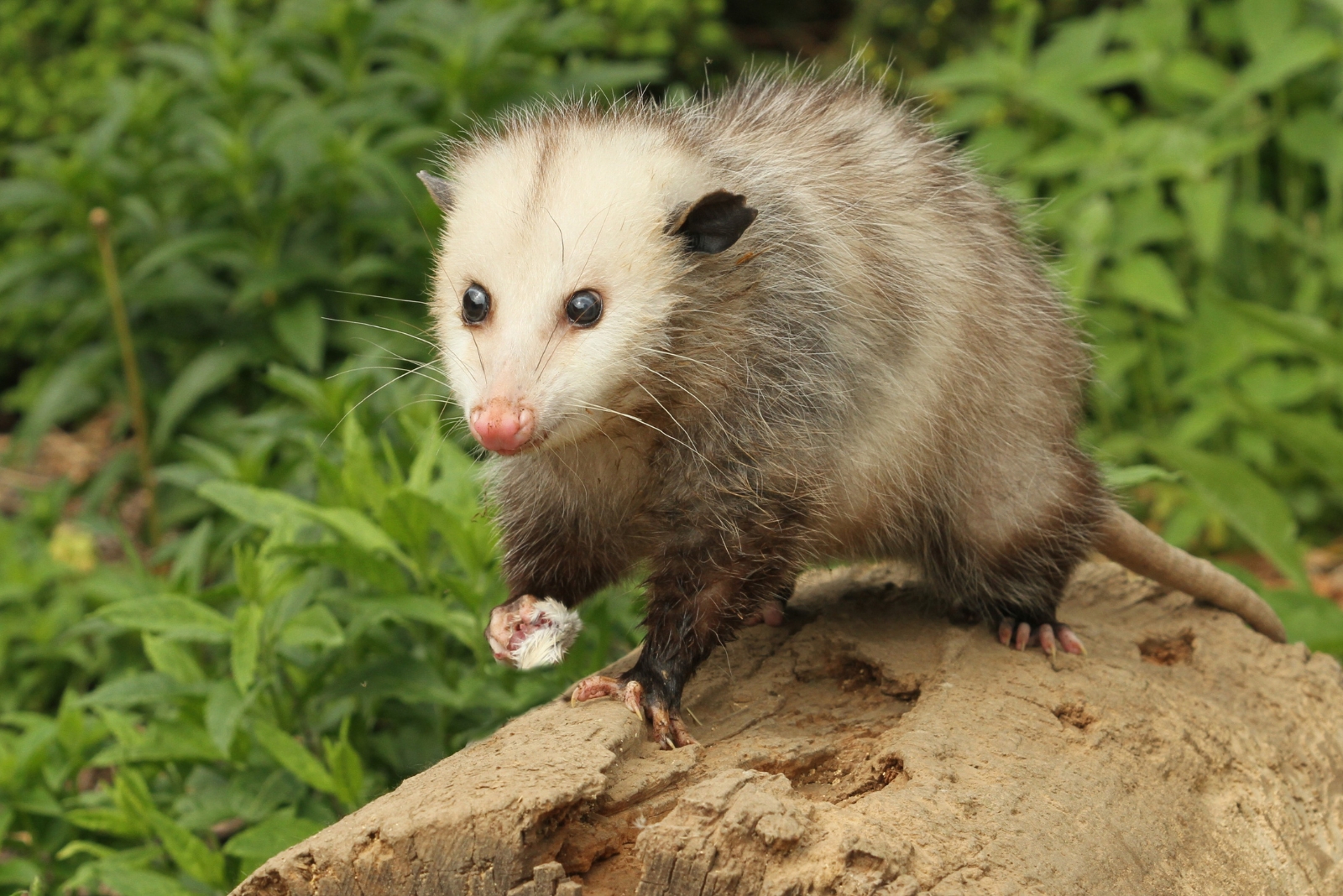
Possums can quietly sneak into Oklahoma homes, and dealing with them without the right know-how can get tricky. I once had a nighttime visitor and quickly realized that preparation is everything.
From safety tips to local guidelines, a little planning goes a long way. Handling these nocturnal neighbors the smart way keeps both you and them out of trouble.
1. Oklahoma Law Protects Wildlife
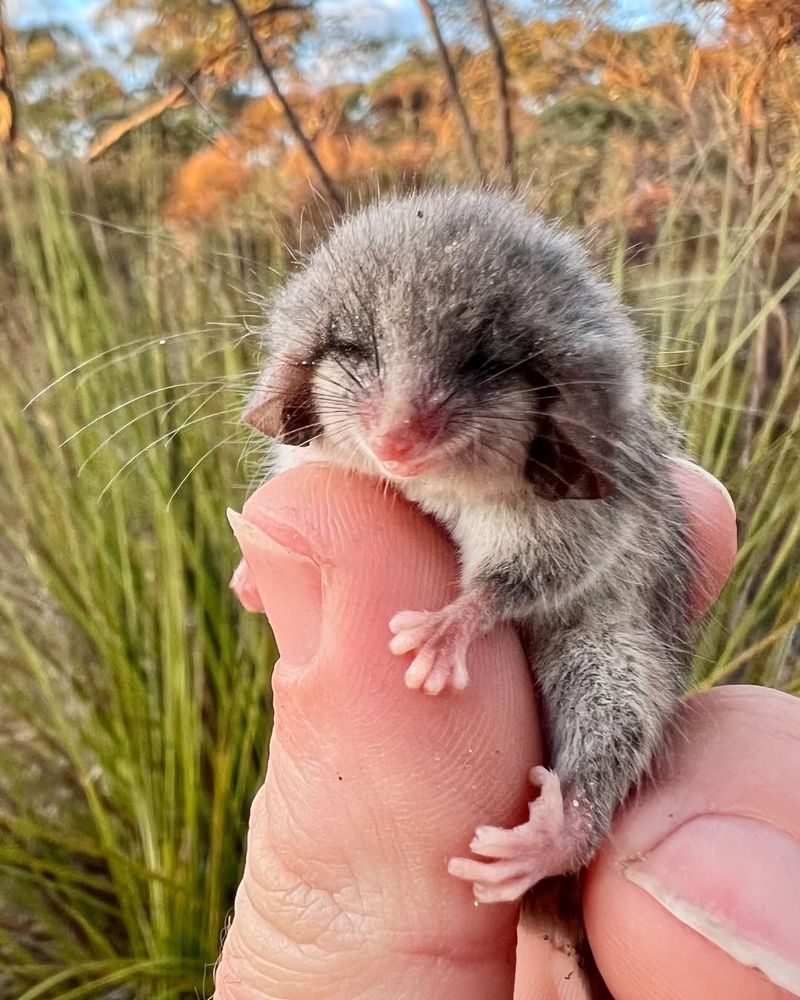
Before grabbing a trap, understand that Oklahoma has specific regulations about wildlife removal. You cannot simply relocate possums wherever you want without proper permits from the Oklahoma Department of Wildlife Conservation.
Breaking these rules could result in hefty fines. Most homeowners need to contact licensed wildlife control professionals who understand state guidelines.
Attempting DIY removal without knowledge of local laws puts you at legal risk and may harm the animal unnecessarily.
2. Possums Are Nature’s Pest Controllers
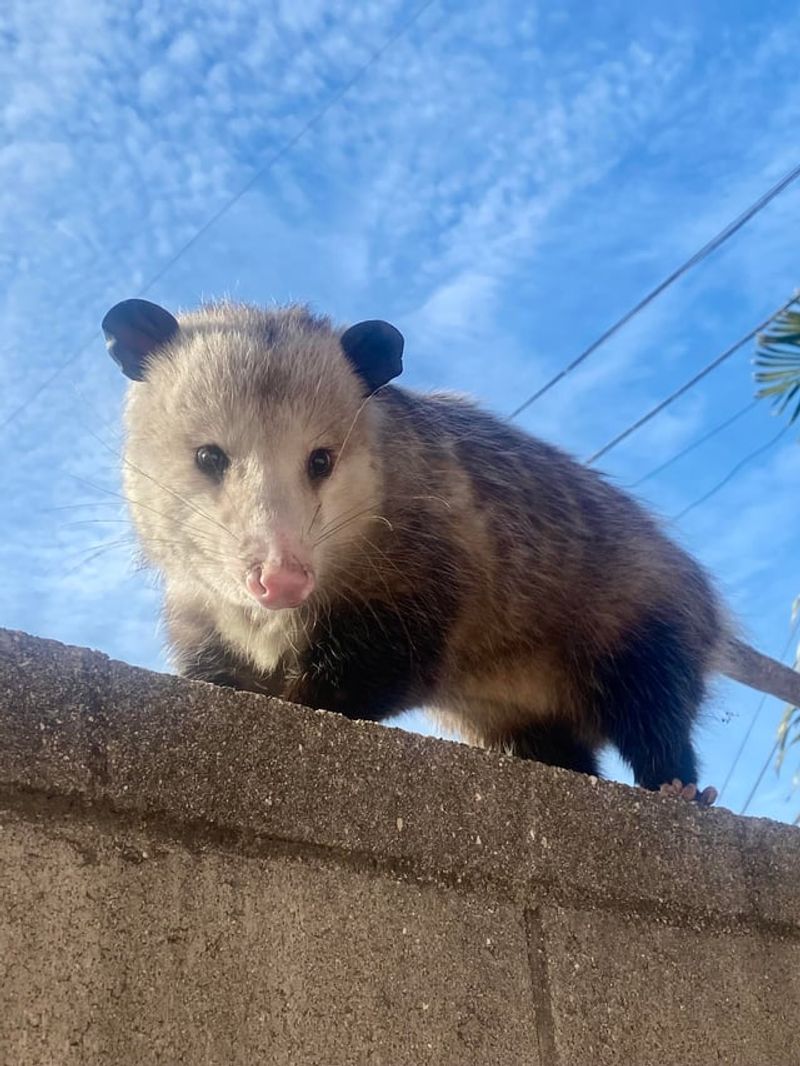
Did you know possums eat up to 5,000 ticks per season? That’s a massive benefit for Oklahoma homeowners dealing with tick-borne diseases like Rocky Mountain spotted fever.
Beyond ticks, they consume cockroaches, rats, mice, and even venomous snakes. Having a possum around your property actually reduces other pest problems naturally.
Before removing them, consider whether you’re losing a free, effective pest control service that benefits your family’s health and safety.
3. They’re Not Aggressive Animals
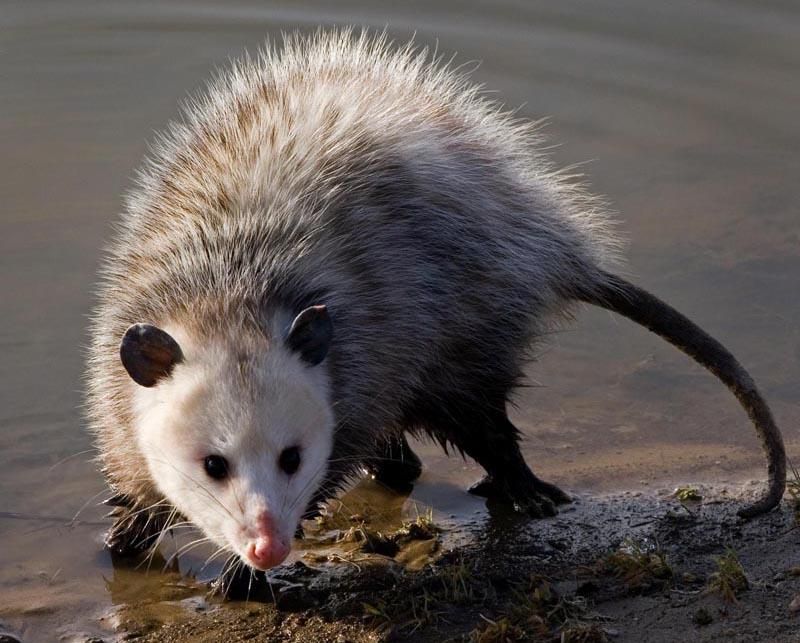
Possums have an unfair reputation, but they’re actually quite timid. When threatened, they instinctively play dead rather than attack, which is where the phrase playing possum comes from.
Their open-mouth hissing display looks scary but is purely defensive. Bites are extremely rare, and possums would rather waddle away than confront humans or pets.
Oklahoma families often overreact to their presence when these creatures pose minimal actual danger compared to other wildlife like raccoons or skunks.
4. Rabies Is Extremely Rare in Possums
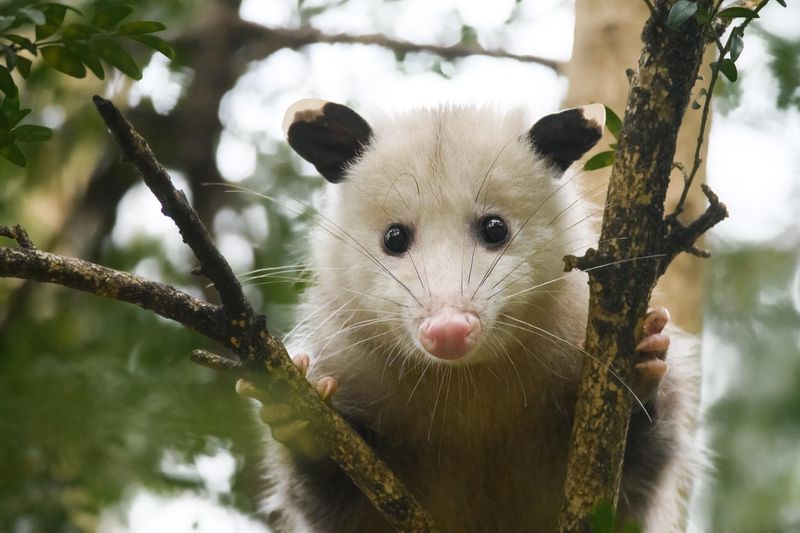
Many Oklahoma residents worry about rabies, but possums have a remarkably low body temperature that makes rabies virus survival nearly impossible. Cases are exceptionally uncommon compared to raccoons, bats, or skunks.
Their unique biology provides natural protection against this disease. While caution around any wild animal makes sense, possums shouldn’t be your primary rabies concern.
Focus your worry on other animals more likely to carry the virus if disease transmission is your main removal motivation.
5. Temporary Visitors, Not Permanent Residents
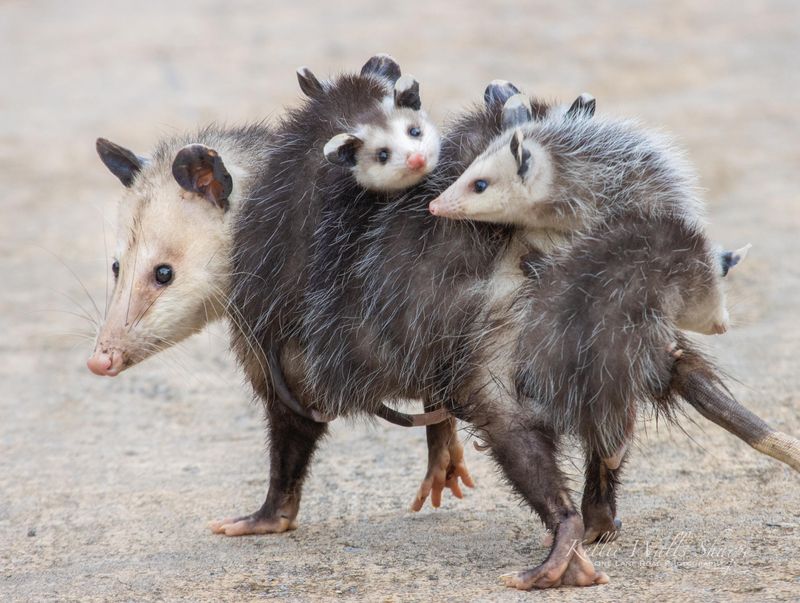
Possums are nomadic by nature and rarely stay in one location longer than a few days. What seems like an infestation in your Oklahoma yard is usually just a brief stopover during their nightly foraging route.
They don’t establish territories like other animals. Patience often solves the problem naturally without intervention, expense, or stress.
Wait a week before calling removal services, and you’ll likely find your temporary guest has already moved along to another neighborhood.
6. Humane Exclusion Beats Removal
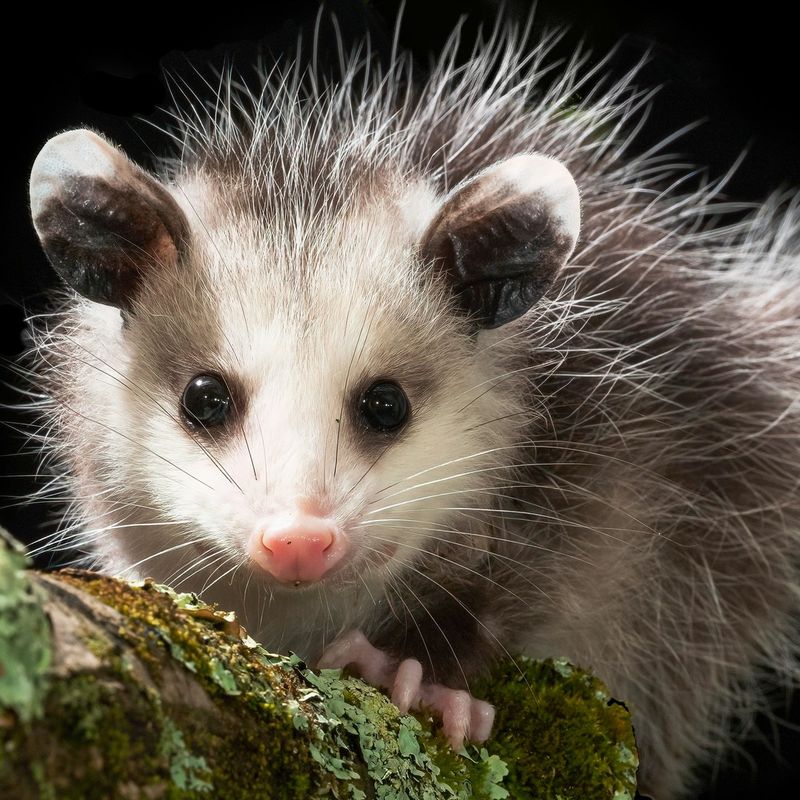
Instead of trapping and removing possums, Oklahoma wildlife experts recommend exclusion methods that prevent entry without harming animals. Seal crawl spaces, repair broken vents, and secure garbage cans with tight lids.
Remove outdoor pet food at night and trim tree branches touching your roof. Making your property less attractive encourages possums to move naturally.
This approach costs less than professional removal services and creates long-term solutions rather than temporary fixes that allow new animals to move in.
7. Professional Help Ensures Safety
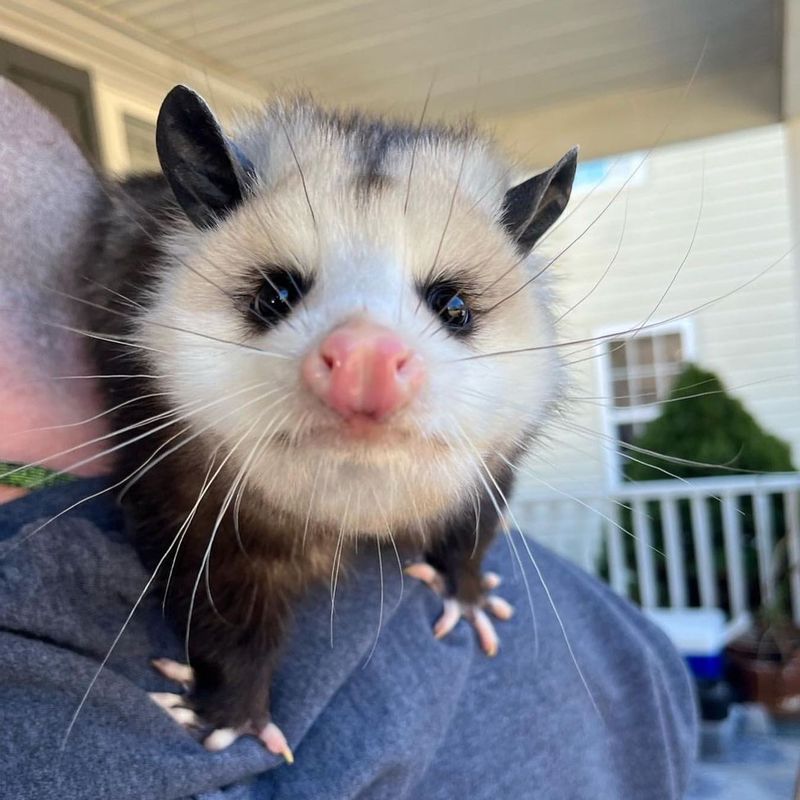
If removal becomes necessary, hiring licensed Oklahoma wildlife professionals protects everyone involved. Experts have proper equipment, training, and insurance that homeowners lack when handling wild animals.
They know humane trapping methods, legal relocation sites, and how to prevent future visits. DIY attempts often result in injuries, incomplete solutions, or legal violations.
The investment in professional services saves money long-term by addressing root causes rather than just symptoms of your wildlife issue.

